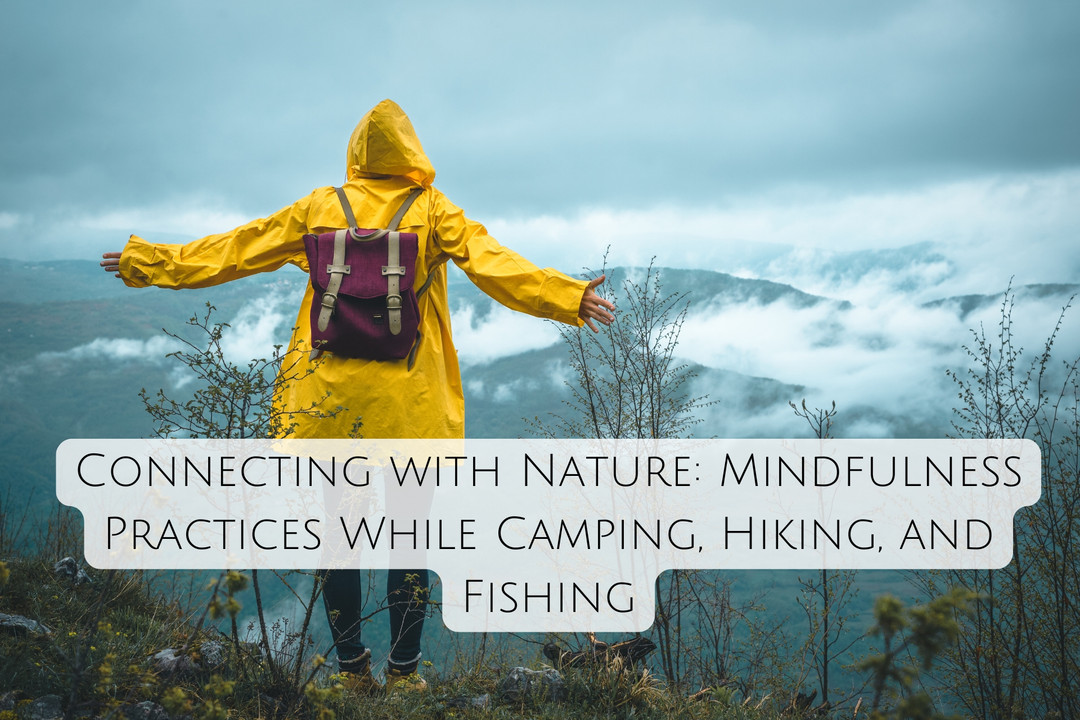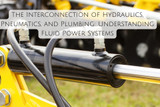Connecting with Nature: Mindfulness Practices While Camping, Hiking, and Fishing
In our fast-paced, technology-driven world, we often forget the restorative power of the natural environment. For many, the idea of disconnecting from daily life and immersing oneself in the outdoors is synonymous with peace, solitude, and renewal. Yet, while spending time in nature offers incredible benefits for both body and mind, incorporating mindfulness practices into activities like camping, hiking, and fishing can deepen that connection, fostering a more profound sense of well-being. Whether you are an outdoor enthusiast or a casual adventurer, embracing mindfulness in nature can elevate your experience, promote relaxation, and offer clarity and peace.
Let’s explore how you can integrate mindfulness practices into your outdoor adventures, enhancing your connection to nature while boosting mental and emotional health.
What Is Mindfulness, and Why Practice It in Nature?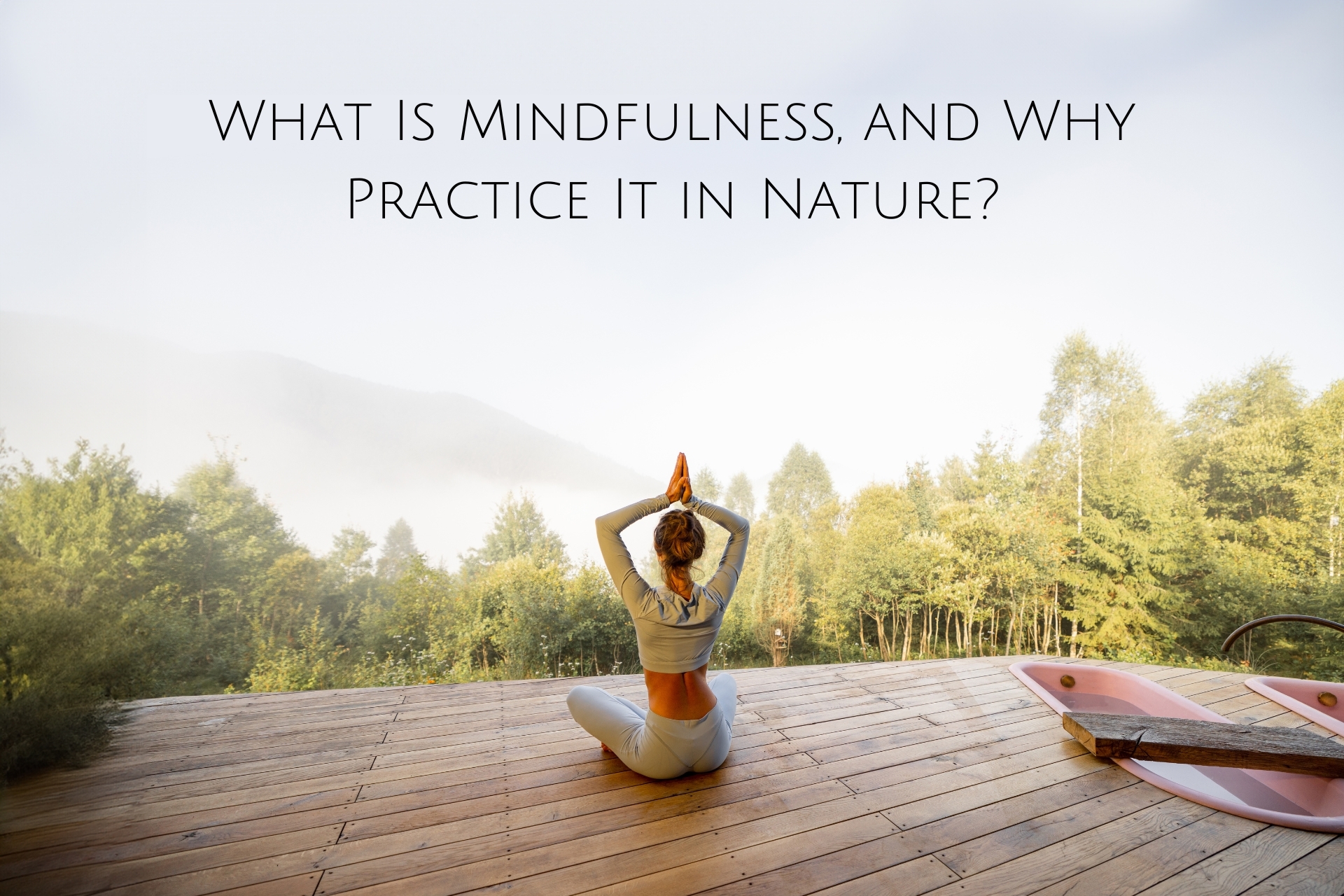
Mindfulness is the art of being fully present and engaged in the current moment, without distraction or judgment. It involves paying attention to your thoughts, feelings, and physical sensations with openness and acceptance. When combined with the natural world, mindfulness becomes a practice that promotes calm, focus, and connection to both the environment and ourselves.
Spending time outdoors naturally encourages a form of mindfulness. Nature has an innate ability to pull us into the present, away from the constant mental chatter of modern life. Camping, hiking, and fishing, in particular, offer ideal settings to practice mindfulness. These activities invite us to slow down, tune into our surroundings, and engage our senses in a way that promotes deep awareness.
1. Mindful Camping: Creating a Sanctuary for the Senses: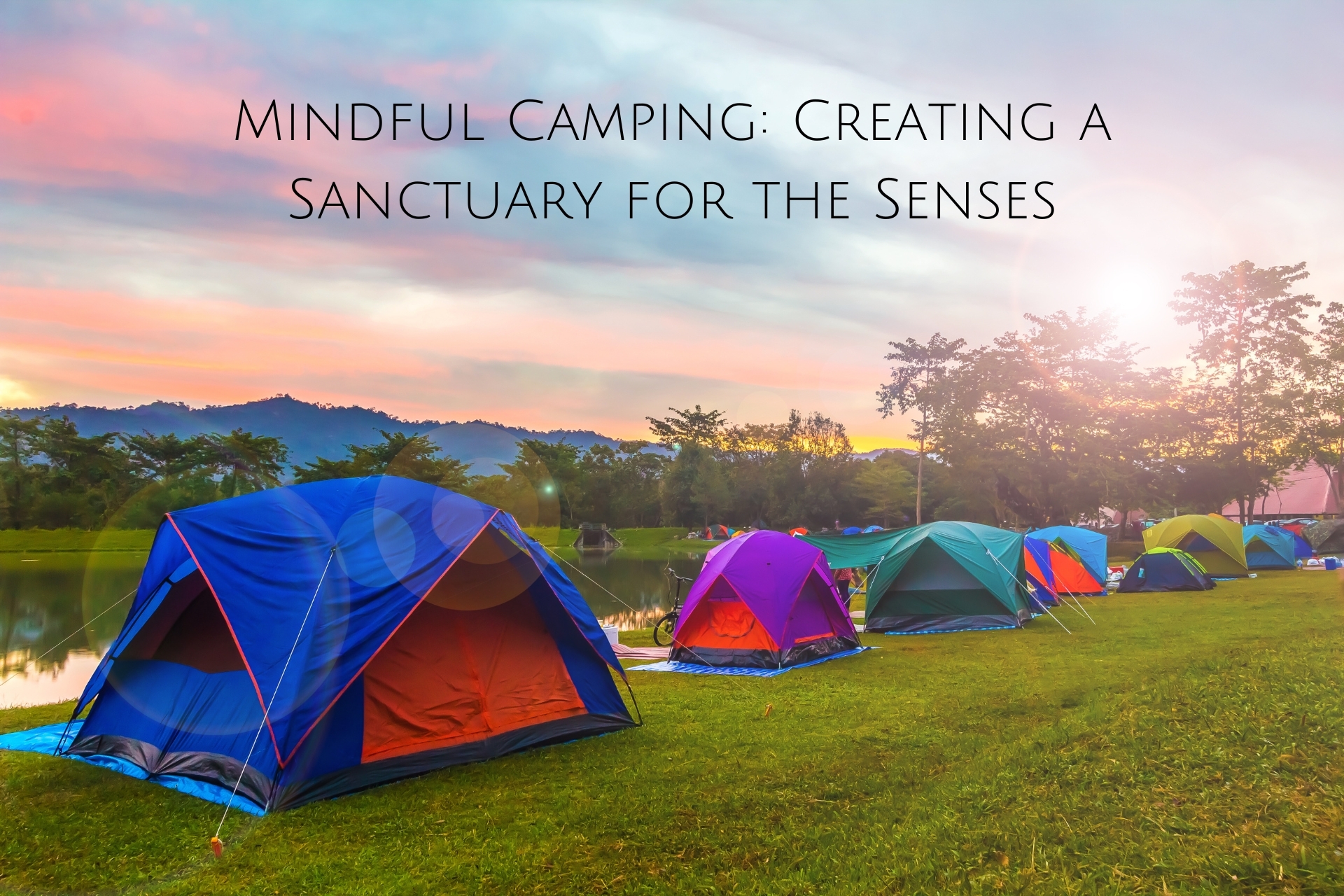
Camping is a wonderful way to immerse yourself in nature’s rhythms. By practicing mindfulness during your camping trip, you can transform an ordinary outing into a deeply rejuvenating experience.
How to Practice Mindful Camping:
- Set an Intention: Begin your camping experience by setting an intention for mindfulness.
- Engage Your Senses: Nature offers an endless array of sensory experiences. As you set up camp, take a moment to listen to the wind rustling the trees or the chirping of birds. Feel the texture of the earth beneath your feet and the cool air on your skin. Let these sensory cues ground you in the present.
- Mindful Cooking: Instead of rushing through meal prep, slow down and savor the process. Pay attention to the smells of the food, the sound of water boiling, and the feel of the ingredients. Whether you’re cooking over a fire or using a camping stove, cooking can be a deeply mindful practice.
- Gratitude Practice: Before you sleep under the stars, take a moment to reflect on the day's experience. Express gratitude for the natural beauty that surrounds you. Reflecting on small moments of joy, like the warmth of the campfire or the serenity of the forest, can deepen your appreciation for the present moment.
2. Mindful Hiking: The Path to Inner Peace: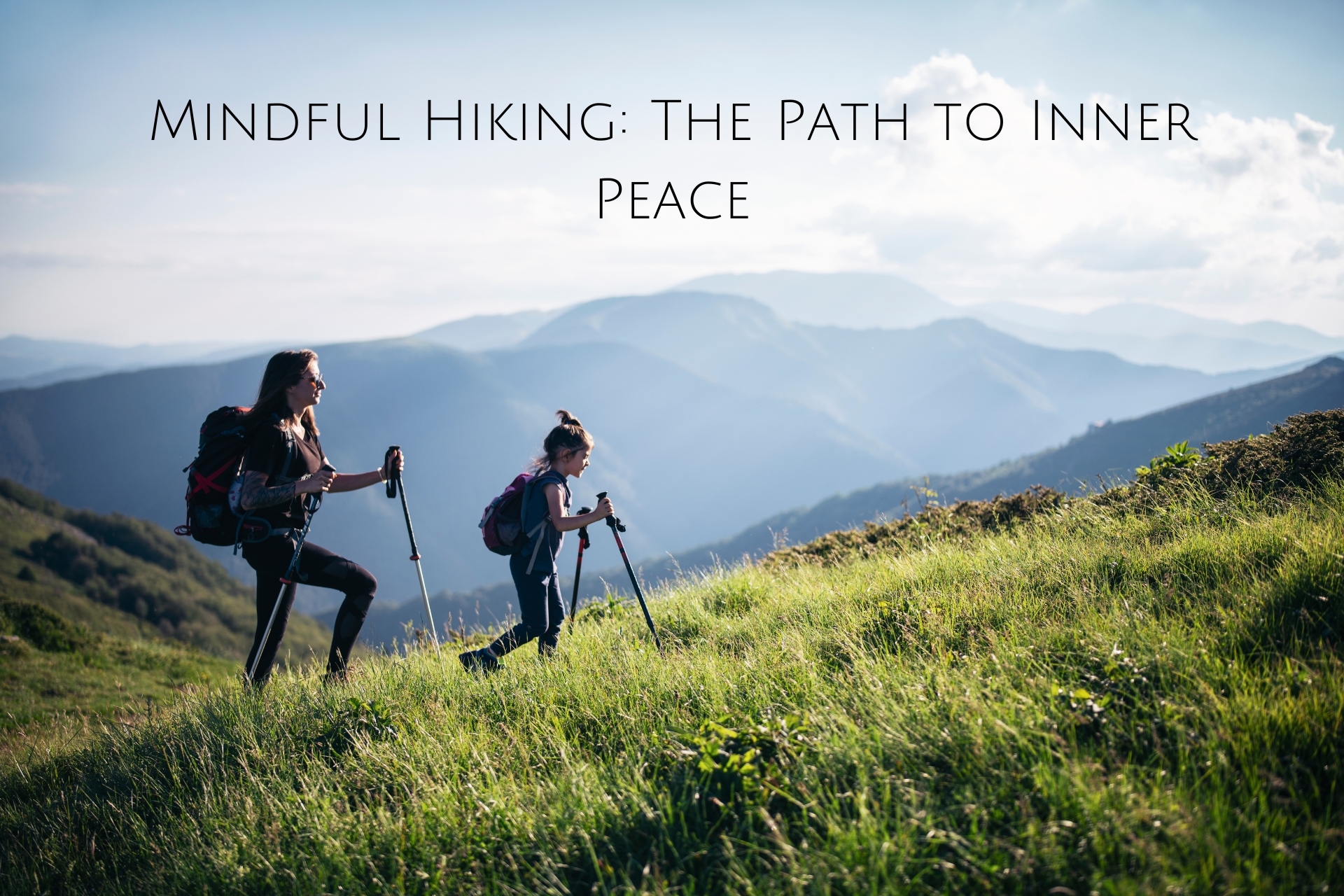
Hiking, with its combination of movement and nature, offers a perfect opportunity to practice mindfulness. The rhythmic steps, the changing scenery, and the challenge of the trail all draw us into the present moment.
How to Practice Mindful Hiking:
- Focus on Your Breath: As you begin your hike, bring your attention to your breath. Inhale deeply, filling your lungs with fresh, crisp air, and exhale slowly. This simple breath-awareness practice can help you focus and calm your mind as you begin your journey.
- Walking Meditation: Turn your hike into a walking meditation. Pay attention to each step—how your feet feel as they meet the earth, the movement of your body, and the sounds around you.
- Engage with the Environment: Take time to stop and fully experience the environment around you. Touch the rough bark of a tree, listen to the babbling of a nearby stream, or watch the way sunlight filters through the leaves. Allow yourself to become fully immersed in the beauty and sensations of the natural world.
- Be Present with Nature: On the trail, you may encounter wildlife, plants, or scenic viewpoints. Instead of rushing past, take a moment to observe these elements with curiosity and awe. Notice the smallest details, like the color of a bird’s feathers or the shape of a flower.
3. Mindful Fishing: Patience and Presence: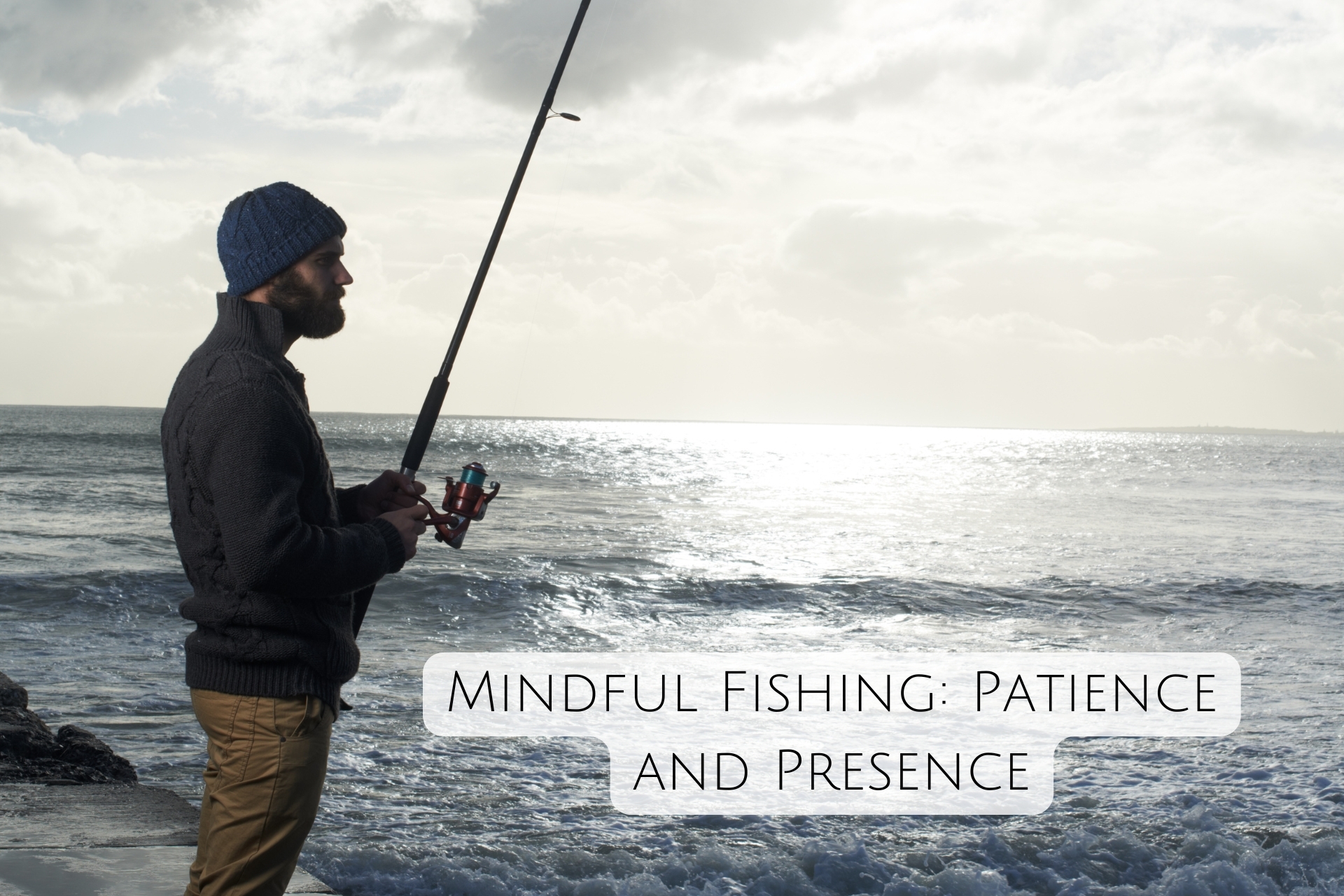
Fishing, often associated with patience, quiet reflection, and solitude, is inherently aligned with mindfulness. Whether you are casting a line into a calm lake or fishing along a riverbank, the activity invites you to slow down, be still, and embrace the serenity of the water.
How to Practice Mindful Fishing:
- Start with a Mindful Pause: Before you cast your line, take a few moments to breathe deeply and center yourself. Feel the connection to the water and the environment. Let go of any thoughts of work or stress and allow yourself to settle into the quiet.
- Focus on the Action: As you cast your line, bring your attention to the fluid motion of the rod and the gentle splash of the bait hitting the water. Feel the texture of the fishing line in your hands, and pay attention to the calm rhythm of your movements.
- Embrace Stillness: Fishing often involves waiting, which can be a powerful practice in mindfulness. Use the waiting time to practice stillness and focus on your senses—listen to the wind rustling the trees, watch the ripples on the water, and feel the sun warming your skin. This is a time to be fully present and appreciate the quiet moments in nature.
- Reflect on the Experience: Whether or not you catch a fish, the experience of fishing is a victory in itself. Reflect on the patience you cultivated and the connection you formed with the water. Take a moment to express gratitude for the natural environment and the tranquility it offers.
The Benefits of Mindfulness in Nature: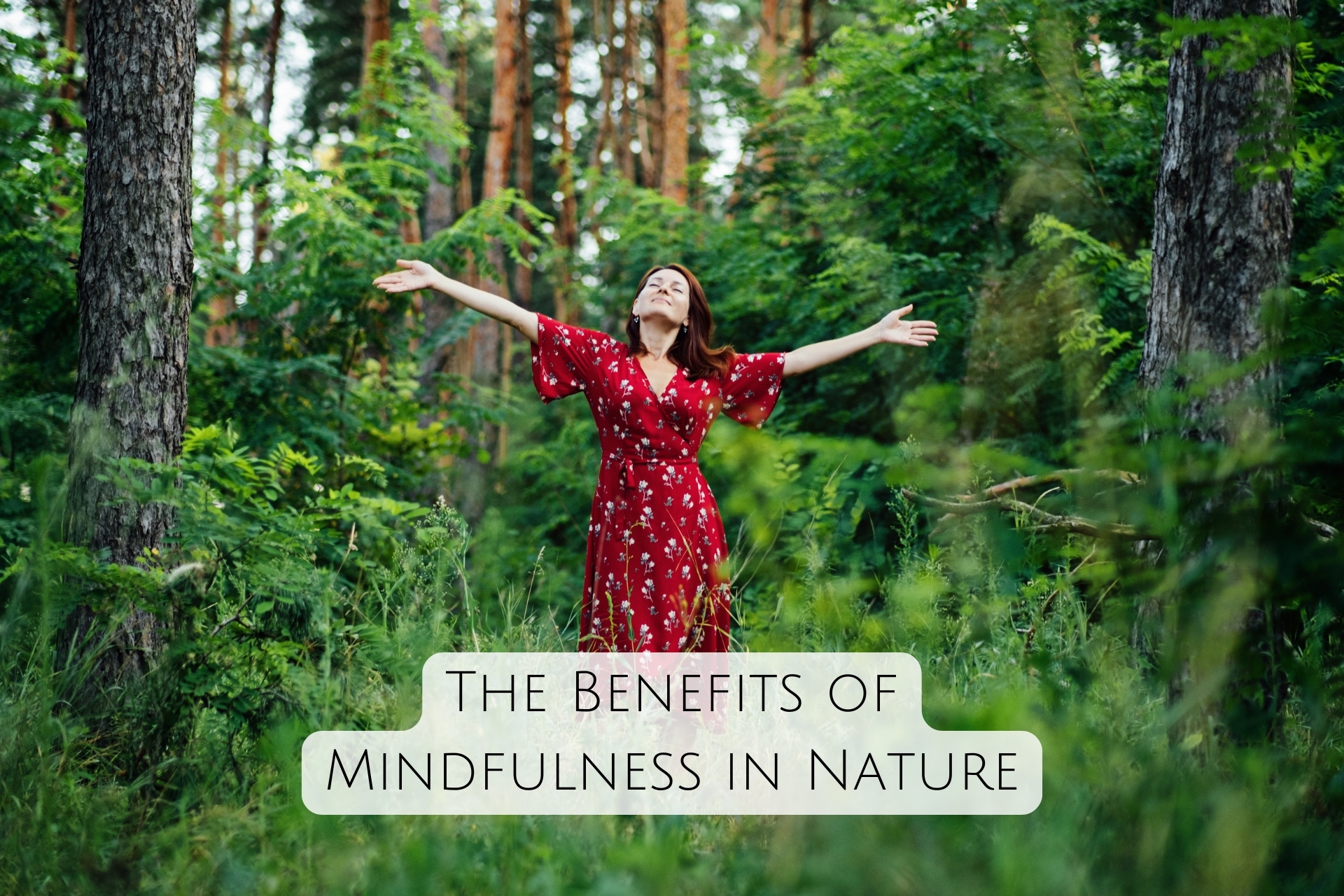
Practicing mindfulness while camping, hiking, and fishing not only enhances the outdoor experience but also brings numerous mental and physical health benefits:
- Reduced Stress and Anxiety: Mindfulness practices help lower cortisol levels (the stress hormone) and encourage a calm, relaxed state of mind.
- Improved Focus and Clarity: By training your attention to stay in the present moment, mindfulness boosts mental clarity, improves decision-making, and enhances concentration.
- Increased Emotional Resilience: Spending time in nature and practicing mindfulness increases emotional awareness, helping you respond more thoughtfully to challenges or stressful situations.
- Deepened Connection to Nature: Mindfulness helps you form a deeper bond with your environment, cultivating a sense of wonder and appreciation for the natural world.
Final Thoughts: Nature as a Teacher of Mindfulness: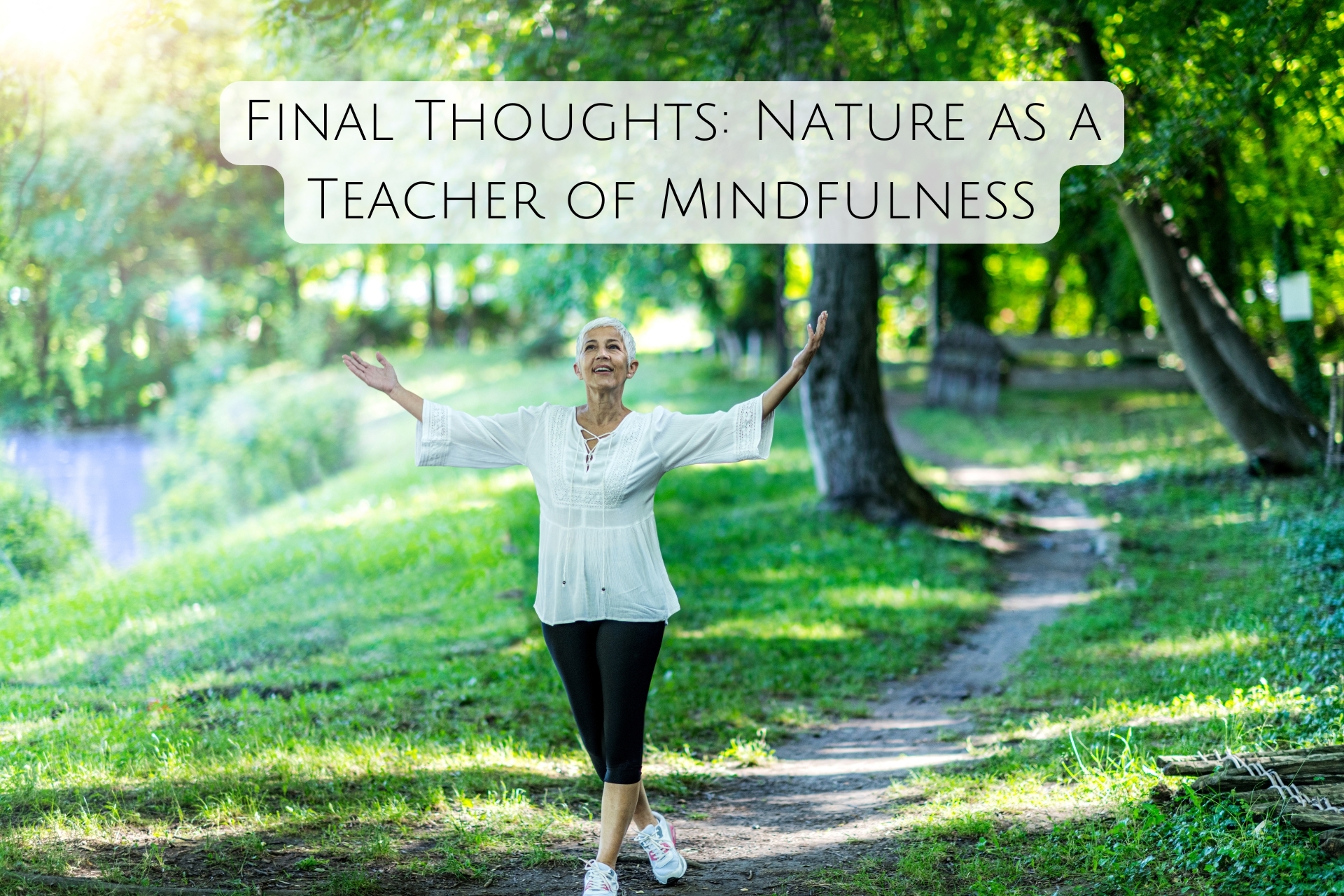
Camping, hiking, and fishing offer much more than just outdoor recreation—they are opportunities to connect with nature and ourselves. By practicing mindfulness during these activities, we can enrich our experiences and cultivate a sense of inner peace, balance, and gratitude. So the next time you embark on an outdoor adventure, remember to slow down, breathe deeply, and immerse yourself in the beauty of the present moment. Nature, in all its quiet majesty, is waiting to guide you on a journey of mindfulness and self-discovery.
Knowledge Hub
The Interconnection of Hydraulics, Pneumatics, and Plumbing: Understanding Fluid Power Systems
Fluid power systems are a cornerstone of modern technology, playing a crucial role in various indust...
The Evolution of Scanners: From Drum Scanners to Portable Handheld Devices
The journey of scanning technology is a fascinating one, marked by decades of innovation and adaptat...
The Power of Textures: Mixing Materials in Home Accessories
In interior design, texture transforms, bringing depth, warmth, and character to a space. Textures i...
The Psychology of Play: How Toys Influence Child Development
Play is an essential component of childhood, and toys are often the main medium through which childr...
The Role of Lubricants in Reducing Wear and Tear in Industrial Machinery
Industrial machinery is the backbone of manufacturing and production processes, and its efficiency a...
The Science Behind Misting: How Handheld Fans Work to Cool You Down
On a scorching hot day, few things feel as refreshing as a cool breeze paired with a fine mist of wa...

